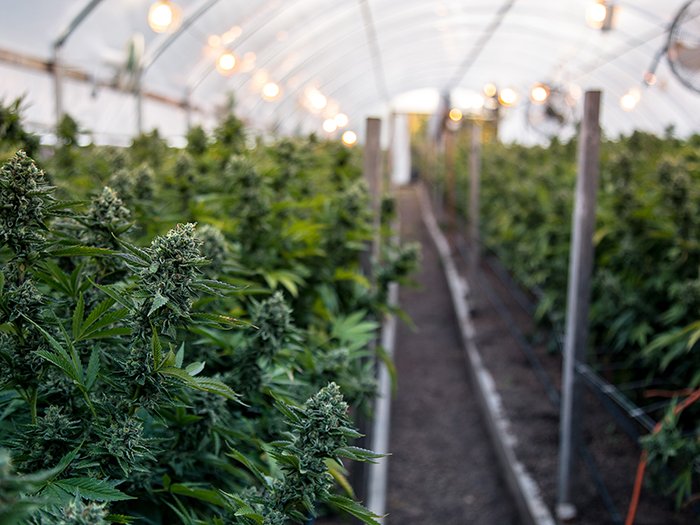The Texas House of Representatives has voted to ban hemp-derived products that contain THC, the psychoactive component of cannabis, as part of a broader effort to regulate the state’s cannabis market and protect consumers. This legislation comes after hours of debate, where lawmakers expressed concerns about unregulated THC products and their potential effects on children and vulnerable users.
The ban, which passed a key vote on Wednesday night, aims to close a loophole that has allowed for the distribution of intoxicating hemp products without oversight. While both Democrats and Republicans agree on the need for regulation, they differ on the approach. Most Democrats support stricter regulations, while many Republicans favor outright prohibition.
State Rep. Penny Morales Shaw, a Democrat from Houston, raised alarms about the impact on veterans who use these products for chronic pain management, stating, “You’re taking away potentially their freedom to choose this product that in their own words saved their lives.” In contrast, State Rep. Tom Oliverson, a Republican from Cypress, who sponsored the amendment converting the bill from regulation to a ban, argued that veterans need access to safe, regulated medical marijuana through the Texas Compassionate Use Program (TCUP).
The TCUP, established in 2015, initially targeted children with epilepsy but has gradually expanded to include patients suffering from post-traumatic stress disorder and other conditions. Currently, the program allows for the dispensing of low-THC cannabis products to patients with a prescription from a physician. There are three licensed organizations responsible for cultivating and distributing these products across Texas.
Nico Richardson, CEO of Texas Original Compassionate Cultivation, highlighted significant logistical challenges in the current system. Patients often face long waits and limited access due to Texas’s vast geography. Orders require patients to either travel to the main facility, meet at a designated pickup location, or wait for home delivery. The reliance on pickup locations creates additional complications, as the product must be transported to these sites and returned if not collected.
To improve accessibility, lawmakers are advocating for House Bill 46, which has already passed the House. This bill proposes to increase the number of licenses for dispensing organizations from three to 15 and permits the storage of products at satellite locations. The goal is to ensure equitable distribution across the state and to streamline the process for patients. Additionally, the bill expands the eligibility criteria for TCUP, allowing anyone with chronic pain that would typically require opioid prescriptions to qualify for medical cannabis.
Moreover, HB 46 aims to diversify the forms in which cannabis can be administered. Currently limited to edibles and tinctures, the bill would authorize low-THC cannabis to be delivered via pulmonary inhalation, offering patients a faster-acting option.
The future of the TCUP expansions remains uncertain as the bill is pending in the Senate Committee on State Affairs. Lt. Gov. Dan Patrick expressed support for expanding the program, emphasizing the need for more licenses and satellite locations to better serve veterans and those in need. The Senate has until May 28 to consider the bill before the legislative session concludes.
As Texas grapples with these regulatory changes, the outcome will likely impact the availability and accessibility of medical cannabis for patients across the state.




